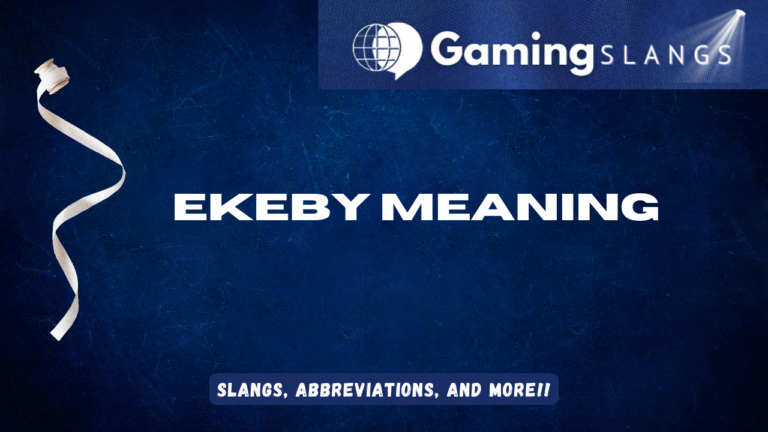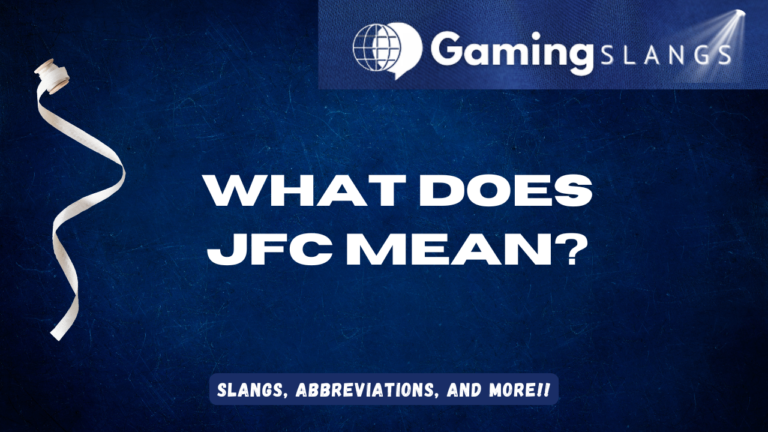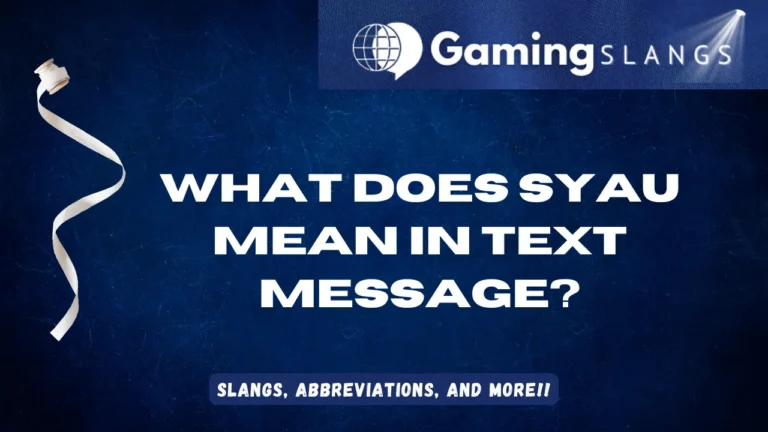Acubi is a slang term that refers to a specific fashion and lifestyle aesthetic rooted in Korean streetwear and online subculture.
It is often linked with minimalistic outfits, soft grunge vibes, and Y2K-inspired styles that blend comfort with edginess. In everyday use, “Acubi” describes a trendy, aesthetic look popular among Gen Z.
Origins of Acubi
The word Acubi comes from a Korean online clothing brand known for its unique mix of vintage and modern street styles.
Over time, the name evolved into a subcultural term to describe a distinct aesthetic followed by youth communities, especially on TikTok, Instagram, and other fashion-forward platforms.
How to Use Acubi in a Sentence?
The term is typically used when talking about fashion, style inspirations, or describing someone’s look. Here are five examples:
- “Her outfit today is totally Acubi—casual but with a cool edge.”
→ Used to describe someone’s trendy, aesthetic outfit. - “I’m shopping for Acubi-style clothes to revamp my wardrobe.”
→ Refers to purchasing clothes in line with the Acubi fashion trend. - “That photo looks so Acubi, like it came straight from an early 2000s magazine.”
→ Describes an aesthetic image or vibe. - “He mixed baggy jeans with a crop top for an Acubi look.”
→ Highlights fashion choices associated with the style. - “The Acubi aesthetic is perfect for people who like Y2K with a modern twist.”
→ Explains the overall vibe of the trend.

Pronunciation of Acubi
Pronounced as: ah-KOO-bee (placeholder for audio pronunciation).
Words Similar to Acubi
- Y2K Aesthetic – Fashion inspired by late 1990s and early 2000s trends, featuring bold colors, metallics, and futuristic vibes.
- Soft Grunge – A mix of dark, edgy grunge with softer, pastel tones.
- Streetwear – Casual, trendy clothing influenced by urban culture and skateboarding communities.
- E-girl/E-boy Style – Online-inspired fashion emphasizing edgy makeup, oversized clothing, and digital aesthetics.
- K-fashion – A broader term for Korean fashion trends that often influence global style communities.







